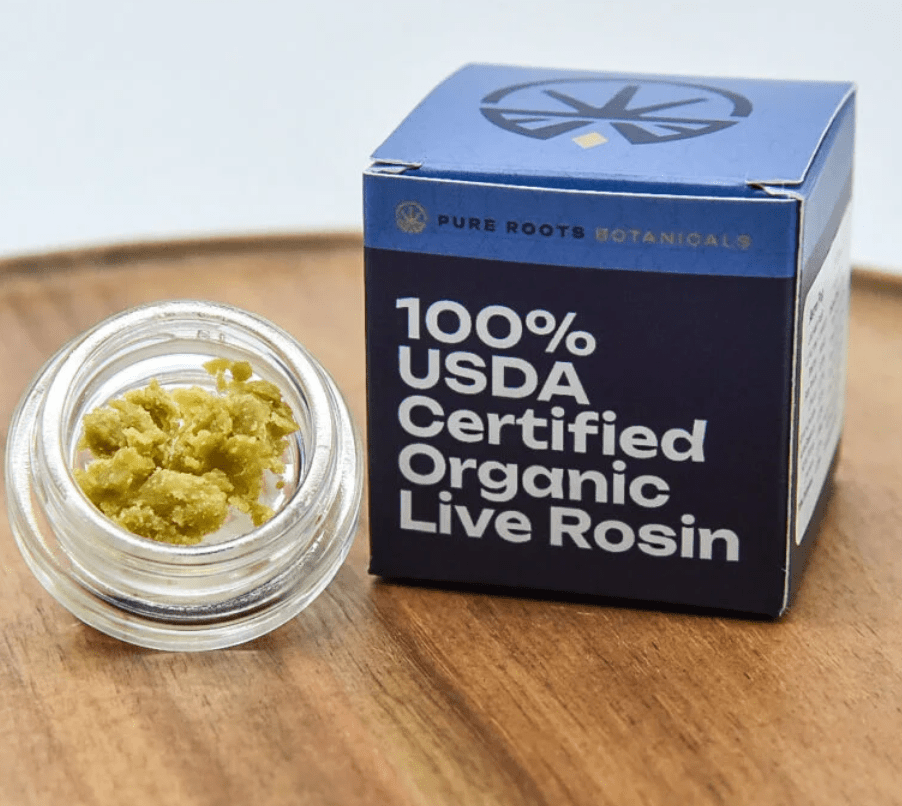Introduction
In the world of modern logistics and food supply chains, Cold store plays a pivotal role in preserving perishable goods, ensuring that they reach consumers in optimal condition. A cold store, also known as a refrigerated warehouse or Cold store facility, is designed to maintain low temperatures to slow down the natural deterioration processes of various items, including food, pharmaceuticals, and other temperature-sensitive products.
Preserving Freshness and Quality
One of the primary purposes of a cold store is to extend the shelf life of perishable goods. Maintaining low temperatures helps slow down the growth of microorganisms, enzymes, and other factors that contribute to the spoilage of food items. This preservation process is essential in ensuring that consumers receive fresh and high-quality products.
For instance, fruits and vegetables are highly perishable and can quickly lose their nutritional value and appeal if not stored properly. Cold store facilities provide the necessary environment to slow down the ripening process, preserving the freshness of these items until they reach the end consumer.
Managing Temperature-Sensitive Products
Certain products, such as vaccines, medicines, and chemicals, require precise temperature control to maintain their effectiveness. Cold store facilities are equipped with specialized refrigeration systems that can be calibrated to specific temperature ranges, ensuring the integrity of these temperature-sensitive products. This is particularly crucial in the pharmaceutical industry, where the efficacy of vaccines and medications depends on strict temperature management.
Reducing Food Waste
Cold store facilities play a vital role in reducing food waste by preventing the premature spoilage of perishable goods. According to the Food and Agriculture Organization of the United Nations, approximately one-third of the food produced for human consumption is lost or wasted globally. Cold store helps mitigate these losses by providing a controlled environment that extends the shelf life of products, allowing for better inventory management and reduced waste.
Supply Chain Efficiency
Cold store is an integral component of the modern supply chain, facilitating the smooth flow of goods from producers to distributors and ultimately to retailers. By preserving the quality of perishable products, Cold store contributes to supply chain efficiency, ensuring that products reach their destination in optimal condition. This is particularly important in the context of global trade, where goods may need to travel long distances before reaching consumers.
Environmental Considerations
While Cold store facilities are essential for preserving perishables, they also pose environmental challenges. The energy consumption required to maintain low temperatures can be substantial, contributing to greenhouse gas emissions. To address this issue, advancements in technology are being explored to develop more energy-efficient refrigeration systems. Additionally, there is a growing emphasis on sustainable practices within the industry, including the use of alternative refrigerants and the adoption of eco-friendly building designs.
Conclusion
Cold store facilities are critical in the preservation of perishable goods, playing a central role in maintaining product quality, reducing food waste, and ensuring the efficiency of supply chains. As industries continue to evolve, it is imperative to strike a balance between the benefits of Cold store and the environmental impact associated with energy consumption. By embracing technological advancements and sustainable practices, the Cold store industry can continue to meet the increasing demand for preserving perishables while minimizing its ecological footprint.


